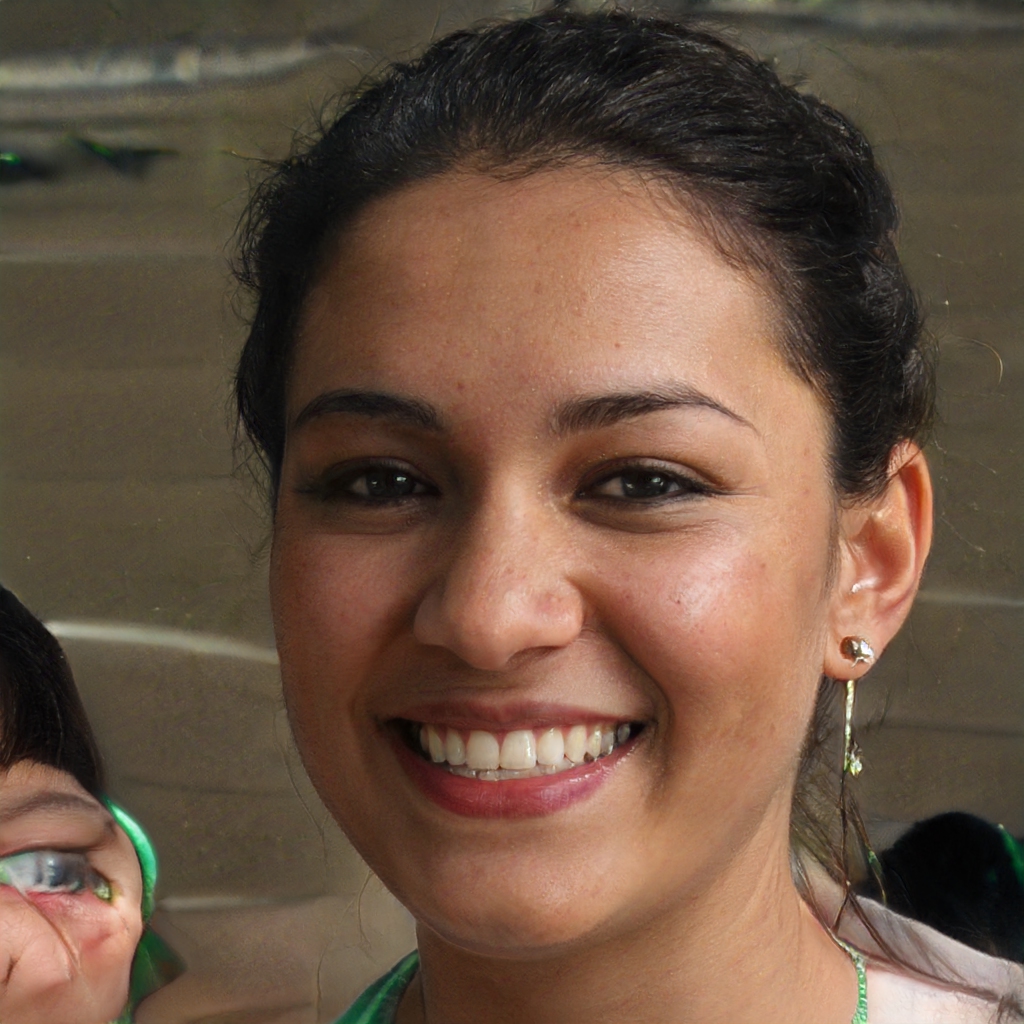Developers who also work on Photoshop are teaming up with UC Berkeley University to find PC-edited photos. Here's how it works
The Web is full of fakes and everyone knows it by now: from sexy posed photos of models to those of politicians and celebrities, behind every shot there is often a lot of work in Photoshop or other photo editing programs. With sometimes important consequences, because with a photoshopped photo can pass a message, or information, that in the original photo were not present.
Adobe, software house that develops Photoshop, knows this and is working together with a team of scientists at the University of California to solve the problem. How? By applying artificial intelligence to photos, to recognize in an automated way which images are photoshopped and which are original. The research project is focused, at this time, on recognizing modified faces and, the researchers explain, at the moment it does not yet allow to show the original version of a photoshopped photo.
How the anti-fake algorithm works
Adobe and researchers at UC Berkley are "educating" a convolutional neural network (i.e., a neural network that works by mimicking the visual cortex of the brain) by feeding it thousands of images taken from the Internet. To these images is applied in an automated way the Face Aware Liquify filter of Photoshop, then the artificial intelligence algorithm measures the differences between the original photo and the modified one, to learn to recognize the application of the filter.
A world of fakes
Richard Zhang, Adobe researcher involved in this project, explains: "The magic wand to restore the modifications of photoshopped images is still far from becoming reality. But we live in a world where it's increasingly difficult to trust the digital information we consume, and I look forward to exploring this area of research further."
Zhang isn't wrong at all: creating fake videos and photos has become increasingly easy and cheap in recent times, so much so that a few days ago digital artists Bill Posters and Daniel Howe released a fake video on Instagram in which Mark Zuckerberg is seen admitting to holding billions in stolen data from people. The video, of course, is fake and was artfully made to
